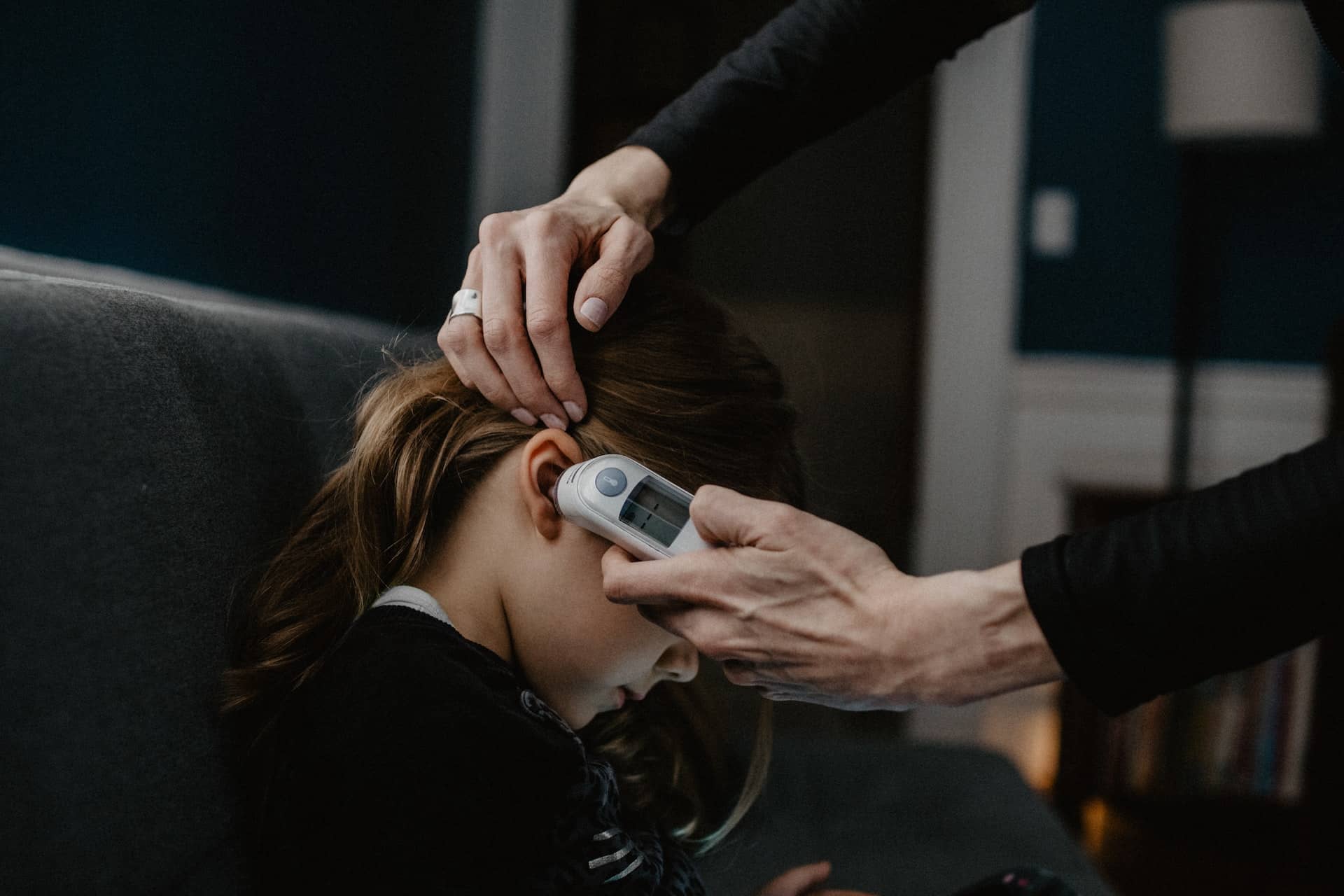Island health chiefs have urged parents to be on the lookout for symptoms after a rise in infections caused by the Strep A bacterium.
Group A streptococcus can cause infections such as a sore throat, scarlet fever, as well as infections of the skin and soft tissues.
Though uncommon, it can also lead to a serious illness called invasive group A streptococcus infection (iGAS) which can be managed with antibiotics.
Bryant: Remain vigilant to signs of children becoming seriously unwell
Simon Bryant, director of Public Health, has today (Tuesday) urged parents to remain vigilant to signs of children becoming seriously unwell and to seek early medical advice.
He said there had been an unusually high number of ‘Group A streptococcus’ (GAS) and seasonal infections this year compared to previous years, both nationally and locally.
No evidence that a new strain is circulating
Currently, there is no evidence that a new strain is circulating. The increase is most likely related to a number of factors, including high amounts of circulating bacteria, increased social mixing compared to the previous years as well as rises in other seasonal respiratory viruses.
The infection is spread by physical contact or through droplets from sneezing or coughing.
Bryant: Scarlet fever and Strep A
Mr Bryant said,
“While we know parents are going to be worried by reports they are seeing related to iGAS, the condition remains uncommon.
“Cold and flu like symptoms are very common at this time of year, especially in children. Most will have a common seasonal virus, which can be treated by keeping the child hydrated, and with paracetamol.
“Some children with cold and flu like symptoms — sore throat, headache, fever — may be experiencing some of the early symptoms of scarlet fever.
“In this case they will go on to develop scarlet fever specific symptoms, including a fine pink-red rash that feels like sandpaper to touch, and parents should contact their GP.
“While scarlet fever can be more concerning, it is still usually a mild illness from which most children will recover without complications, especially if the condition is properly treated with antibiotics.
“In very rare cases, this bacterium can get into the bloodstream and cause serious illness – called invasive Group A strep (iGAS). This is still uncommon; but it is important that parents are on the lookout for symptoms and see a doctor as quickly as possible so that their child can be treated and we can stop the infection becoming serious.
“Make sure you talk to a health professional if your child is getting worse after a bout of scarlet fever, a sore throat, or a respiratory infection.”
How to spot the signs of scarlet fever
Scarlet fever is much more common in children than in adults.
The rash of scarlet fever often begins with small spots on the body that then spread to the neck, arms and legs. It is often ‘sand-paper’ like to touch but is not itchy.
Your child may also have a:
- sore throat/tonsillitis;
- fever (temperature of 38°C (100.4°F) or above);
- painful, swollen glands in the neck;
- a red tongue (strawberry tongue).
Easily treated with antibiotics
Strep A infections are usually mild and can be easily treated with antibiotics.
If your child has scarlet fever, keep them at home until at least 24 hours after the start of antibiotic treatment to avoid spreading the infection to others.
Mr Bryant added,
“Please take a few moments to read this blog post from the UK Health Security Agency (UKHSA) which provides a further helpful explanation of what Group A Strep is and the infections it causes, as well as how it is spread and what to look out for when a child is unwell.
“In collaboration with the UKHSA, we continue to monitor the situation on the Island and will provide, whenever and wherever required, appropriate advice, guidance and information to local settings and communities.”
If a parent or carer suspects scarlet fever or invasive group A streptococcal infection, they should call their GP or NHS 111 as prompt treatment with antibiotics can prevent serious illness and stop the spread of infection.
News shared by Isle of Wight council press office, in their own words. Ed
Image: Kelly Sikkema under CC BY 2.0





